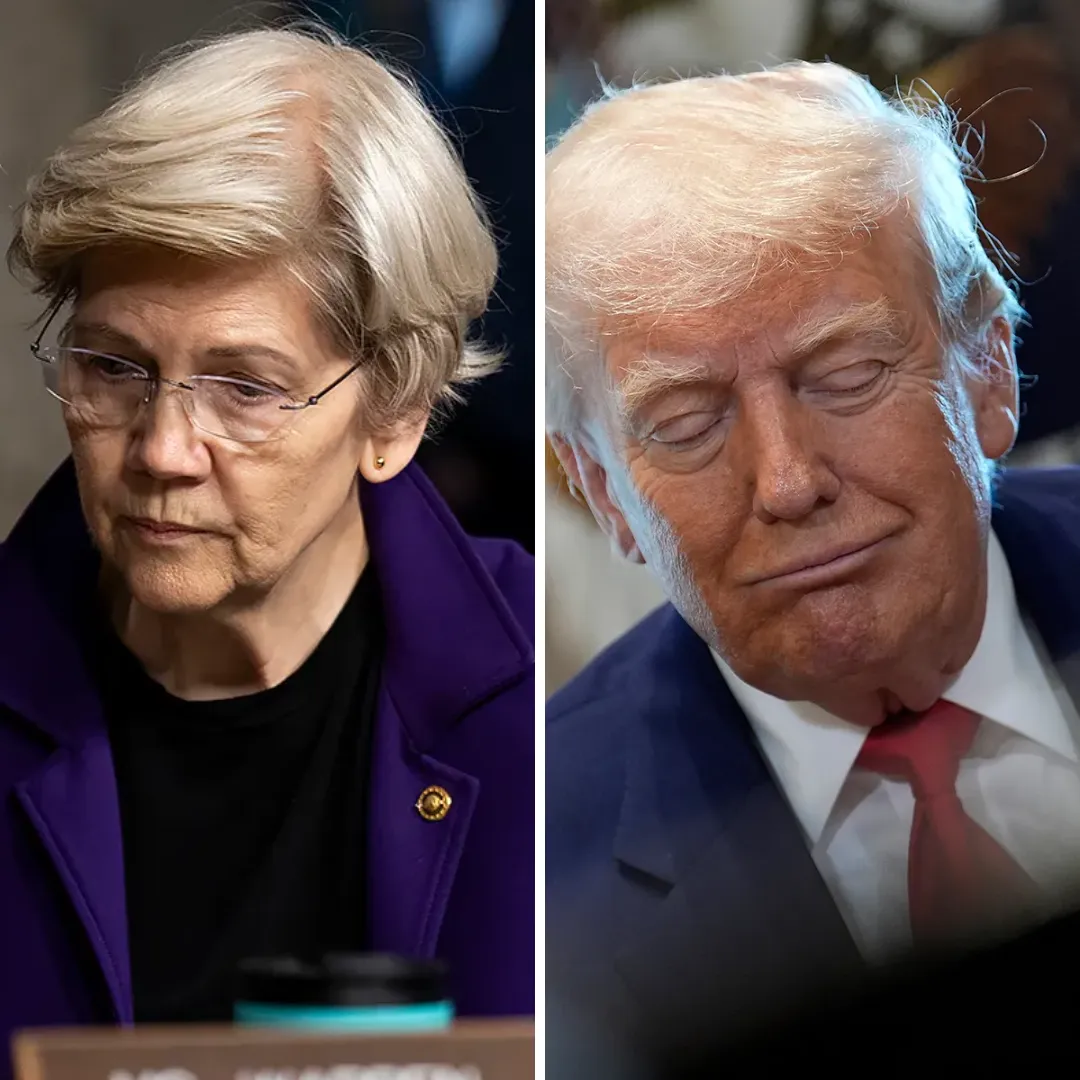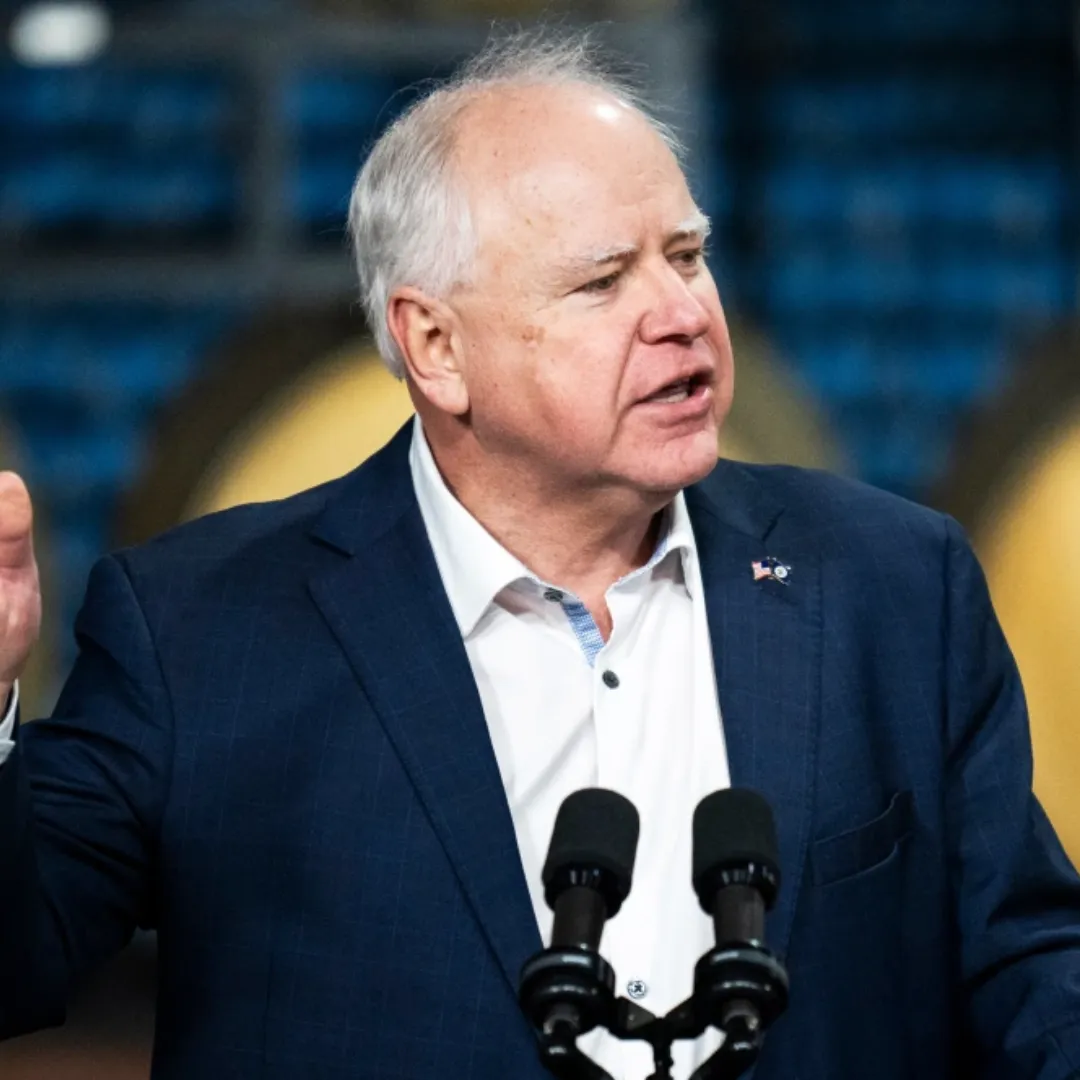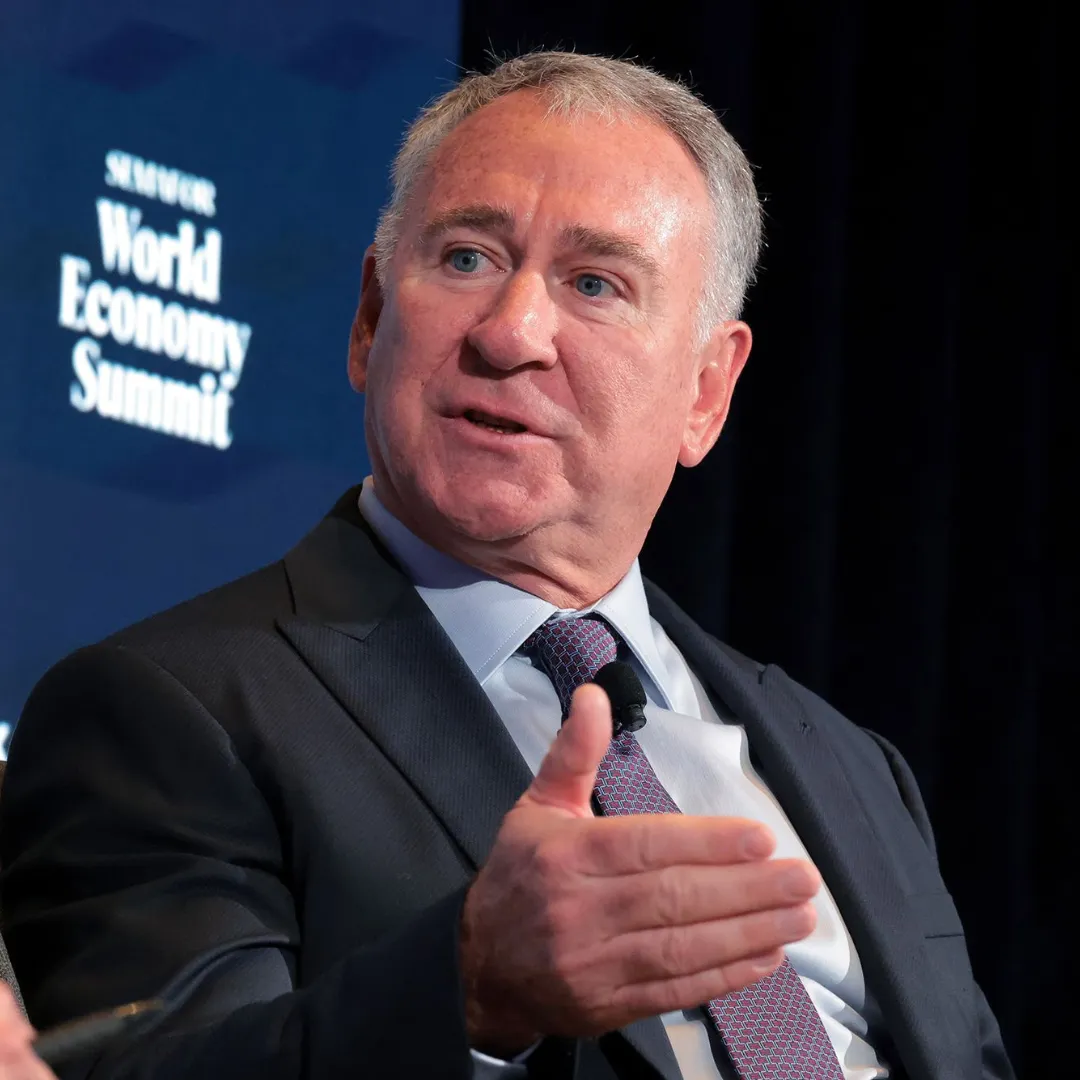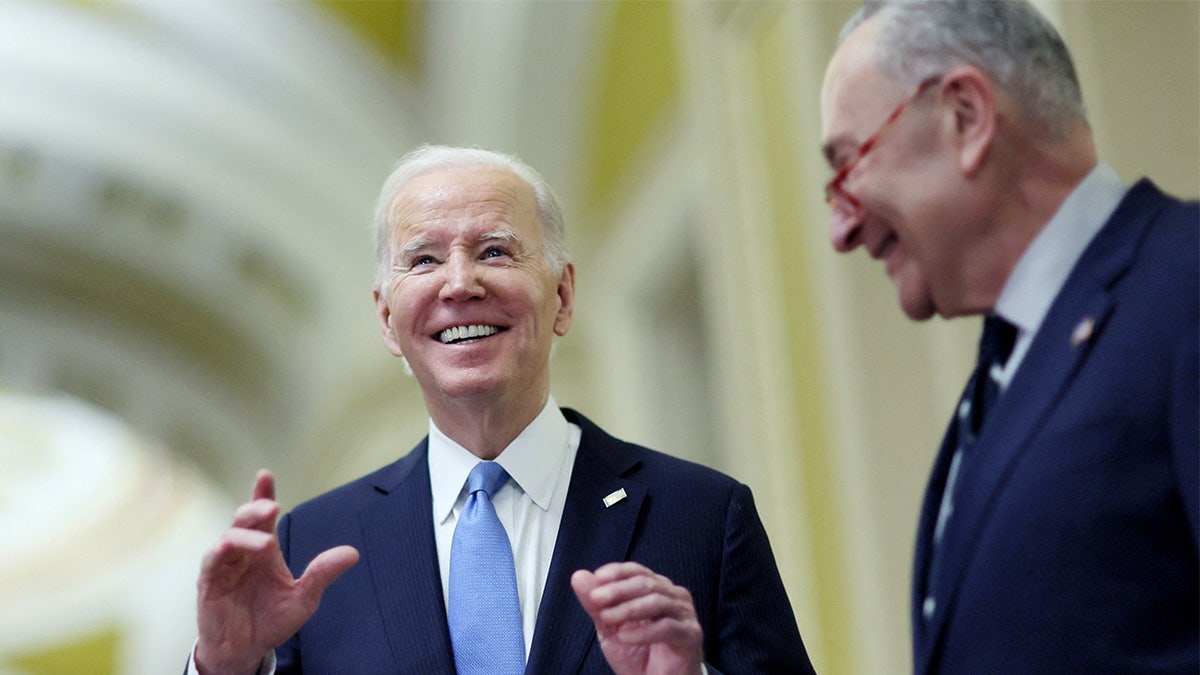
Chuck Todd, the longtime political analyst and former moderator of Meet the Press, has broken ranks with many in his party by directly criticizing Democratic leadership for what he calls a deliberate cover-up of former President Joe Biden’s cognitive decline leading up to the 2024 election disaster.
In a blunt and impassioned appearance on CNN, Todd singled out Senate Minority Leader Chuck Schumer and top White House aides as being complicit in misleading both the public and the party base by failing to speak honestly about Biden’s diminished mental stamina before it was too late.
“He is among the people that are responsible for this,” Todd said, pointing squarely at Schumer during the Tuesday interview with CNN’s Kasie Hunt.
Todd’s comments come amid a growing wave of Democratic infighting and recrimination following Biden’s last-minute decision to withdraw from the 2024 race after a disastrous debate performance against Donald Trump.
Todd’s frustration boiled over as he lambasted not only elected officials but also the aides, strategists, and insiders who remained silent until now, only to share their private concerns in recently released political memoirs and tell-all books.
“The leaders of the Democratic Party, the staff of the White House — and I have to say, I find everybody now talking to these authors, get outta here,” he said, his voice tinged with anger. “Go home. You’re part of the problem. Now you tell us.”
In recent weeks, a series of explosive books and articles have shed light on the depth of internal concern among Biden’s inner circle. These revelations point to a deep and prolonged anxiety over the then-president’s mental acuity and ability to handle the demands of a brutal campaign.
Some aides reportedly believed Biden should step aside months before the convention, but none went public with their concerns. Instead, the party publicly rallied behind the president, suppressing dissent and pushing forward with a campaign they privately feared was doomed.
Todd, known for his insider access and measured tone, took a much sharper stance than usual. He said that Democratic leaders now lack the moral authority to guide the party through the aftermath of Biden’s withdrawal.
According to Todd, this credibility crisis has undercut the Democratic Party’s ability to unite behind a new vision, especially as Vice President Kamala Harris struggles to gain traction as the nominee in the aftermath of the political upheaval.
“Because of this distrust, because of this, frankly, what the public feels as if the party leadership let them down and let this happen,” he said, describing the anger building within Democratic ranks and among disappointed voters who feel misled.
The wave of criticism triggered by Todd’s remarks is not limited to the media. Across Washington, Democrats are now turning on each other in a series of escalating disputes that expose the raw nerves left behind after Biden’s sudden political collapse.
In the halls of Congress, in donor circles, and among campaign operatives, there is no longer a unified front. Instead, there is a scramble to rewrite the narrative, shift blame, and salvage what remains of a fractured political apparatus.
The release of books chronicling Biden’s final year in office has only intensified this internal battle.
The most damaging revelations have included stories of Biden freezing during briefings, struggling to recall names, and losing track of key policy details — concerns that were apparently known to top party figures but kept hidden from the public until after his withdrawal.
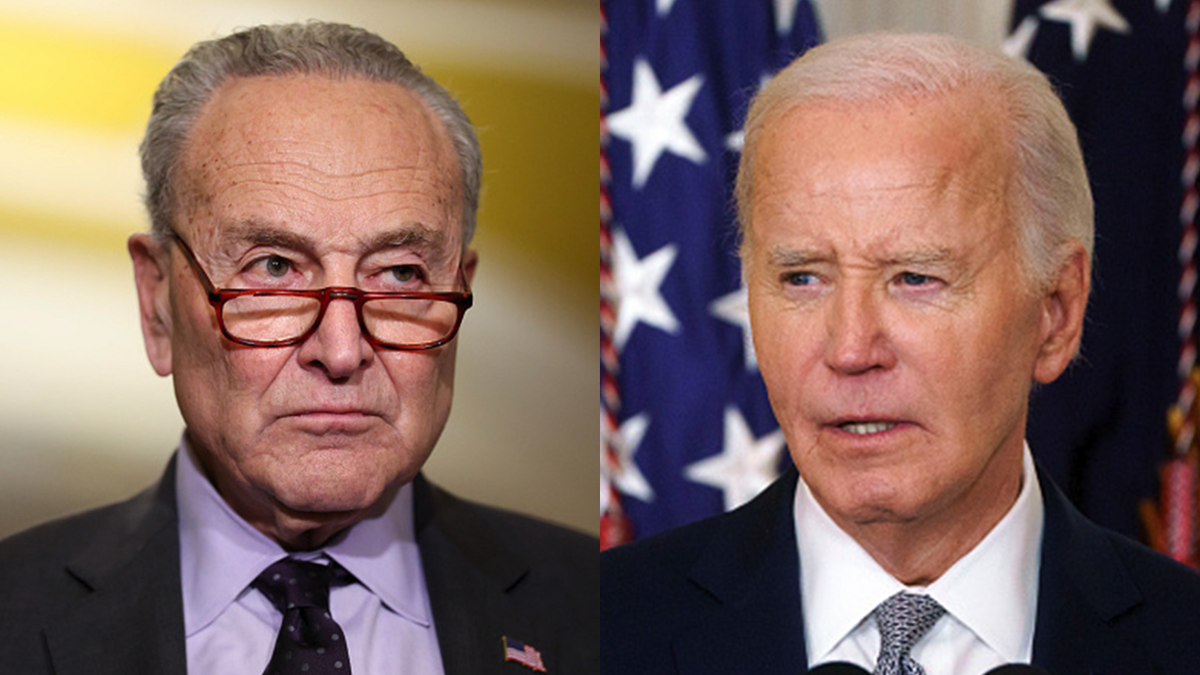
One of the most frustrating points for observers like Todd is the timing of the confessionals.
The fact that key staffers, senators, and political veterans waited until book deals and publishing deadlines to reveal the truth has enraged those who feel the Democratic Party squandered its chances through cowardice and calculated silence. For Todd, this is not just bad politics — it is a betrayal of trust.
“I just don’t think they realize how little credibility they have now,” Todd said, reflecting on how voters are increasingly skeptical of party leadership. “They stood by, said nothing, watched this unfold, and now they expect the base to follow them again?”
The scandal over Biden’s health and the party’s silence has also led to questions about the role of institutional enablers. Many are now asking why the DNC, leading Senate Democrats, and members of the House didn’t intervene earlier.
There had been rumblings as early as late 2023 that Biden was not fit to run, but those concerns were dismissed, often aggressively, by White House spokespeople and Democratic loyalists.
In hindsight, those denials appear to have been part of a broader effort to suppress dissent and hold the party line, even if it meant running the risk of political disaster.
The impact of that decision is still being felt. Trump, rejuvenated by Biden’s collapse and Harris’s slow start, has regained momentum.
Swing voters who were turned off by Trump’s combative style now find themselves disillusioned with a Democratic Party that appears disorganized, untrustworthy, and deeply divided. The strategic advantage Democrats held after the 2022 midterms has all but vanished.

Chuck Todd’s comments may have ripped the scab off a wound that party leaders were hoping to ignore. His reputation as a veteran journalist and longtime political insider gives weight to his criticisms, especially because he rarely dives into outright condemnation. This time, though, Todd made it clear that the damage was self-inflicted.
“This was avoidable,” he said. “Everyone knew. And yet no one did anything. That’s the real scandal.”
His remarks have ignited a wave of reactions across social media, with Democratic voters echoing the same frustration. Many feel betrayed, not by the Republicans, but by their own leaders. They are demanding accountability, transparency, and a new generation of leadership that will put honesty ahead of political calculation.
The fallout from Biden’s late exit, combined with Harris’s uphill battle to consolidate the base, means that the Democrats are entering the upcoming election cycle on the defensive. They are doing so with a leadership class that is now under a microscope — not from Republicans, but from their own supporters.
For now, there are few signs of reconciliation. Trust has been broken. Todd’s warning was not merely an editorial critique. It was a political reckoning — and one that could define the future of the Democratic Party for years to come.

